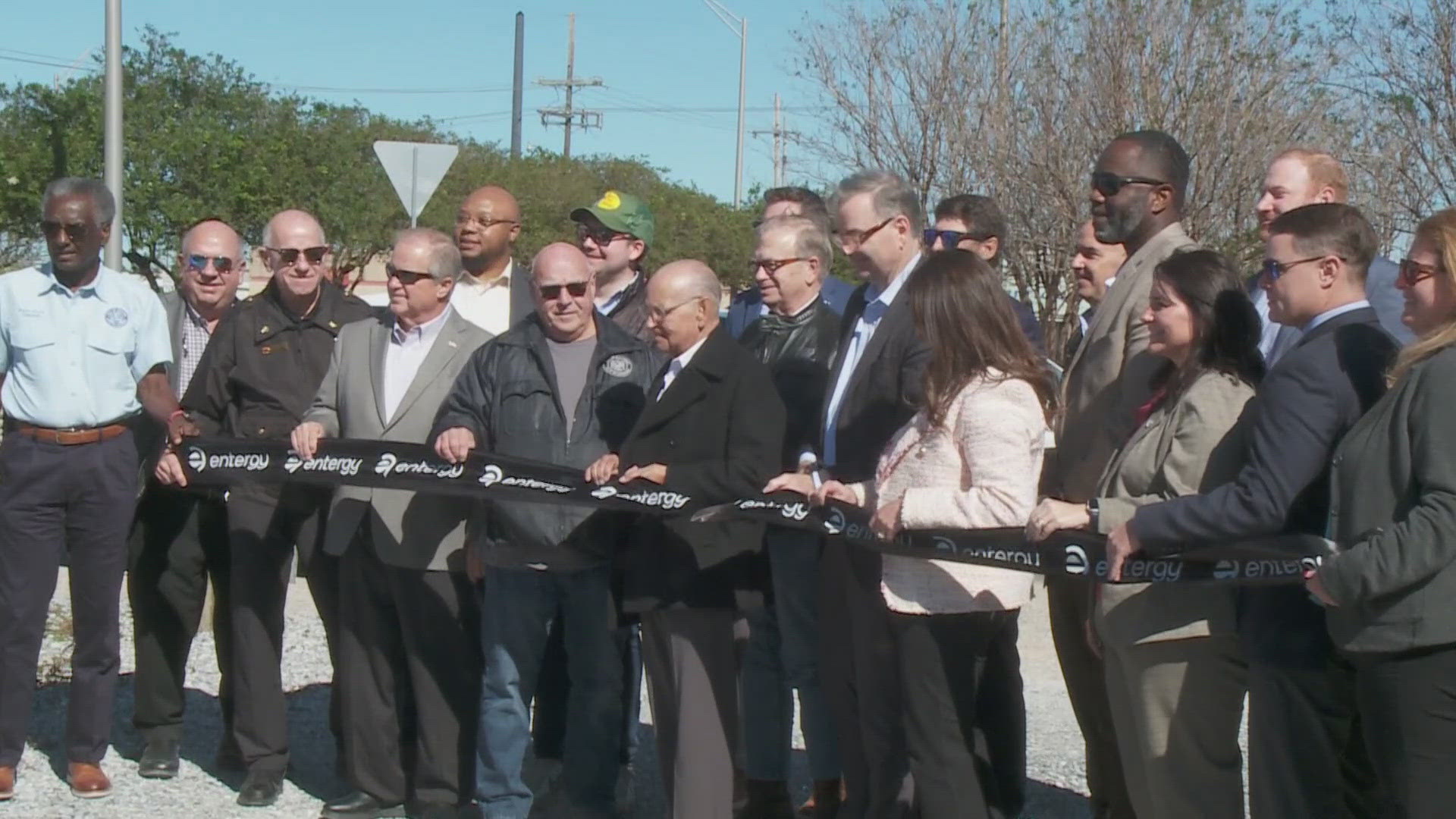U.S. Sen. John Kennedy, R-La., made a pitch Monday for Congress to pass comprehensive flood-insurance reform as losses continue to mount from Hurricane Florence.
In a speech on the Senate floor, Kennedy cited estimates that show fewer than 10 percent of homeowners in North and South Carolina -- areas that continue dealing with heavy flooding from Florence -- have flood insurance.
“Weathering a hurricane is difficult enough without the added burden of trying to do it without insurance,” he said. “And a National Flood Insurance Program isn’t doing its job if it’s so expensive people can’t afford to buy it. Unfortunately, that’s precisely what has happened in North and South Carolina.”
An estimated 85 percent of residential flood losses from Florence in the Carolinas and Virginia are not insured, CoreLogic, a national real-estate analytics firm, said in a separate report Monday. Uninsured flood losses are expected to total $13 billion to $18.5 billion.
About 70 percent of Houma-Thibodaux homeowners lack flood insurance despite living six months of every year under the threat of hurricanes and storm surges. As of July 31, the program covered about 15,886 homes and businesses in Terrebonne and 12,640 in Lafourche with a combined value of roughly $7.3 billion.
For years, Congress has debated reforms to the National Flood Insurance Program, the sole source of flood insurance for more than 5 million Americans.
Critics say the program, administered by FEMA, keeps rates artificially low and encourages people to live in harm’s way at taxpayers’ expense. The imbalance, coupled with payment of massive claims for disasters such as hurricanes Katrina, Sandy, Matthew and Harvey, as well as Louisiana’s 2016 floods, have left the program more than $20 billion in debt.
Some of the most contentious proposals seek to bring insurance costs more in line with the actual risk of flooding, something that has threatened to make policies unaffordable for many residents across south Louisiana and elsewhere in the U.S.
In his speech Monday, Kennedy emphasized the need to make flood insurance affordable and suggested the SAFE Act, which he and a bipartisan group of lawmakers proposed last year, would do that.
“Why don’t people have flood insurance?” he said. “Because the costs are out of control, and middle-class families have little choice but to just roll the dice. Because Congress keeps playing games and people don’t have faith that the NFIP will be around to pay off. Because one or two members of Congress want to get a soundbite more than they want to help ordinary Americans protect their property. And if those members want to reform the program because they want to save the government money, they’re going about it the wrong way.”
Reform efforts should focus on helping communities come back from a disaster safer, stronger and better prepared, Kennedy said.
“The NFIP is an indispensable part of that effort to rebuild,” he said. “But a flood insurance program isn’t useful if it’s too complicated to understand or if it allows bad actors to take from hardworking families. We need rules that make sense, government websites that a normal person can navigate, quicker decisions by bureaucrats and a faster process to get disaster dollars to the folks who need them. Most importantly, though, people need to be able to afford buy a policy in the first place.”
Congress has passed several short-term extensions to keep the National Flood Insurance Program from expiring. The latest, passed July 31, extends the program through Nov. 30, the day the six-month hurricane season ends.
-- Executive Editor Keith Magill can be reached at 857-2201 or keith.magill@houmatoday.com. Follow him on Twitter @CourierEditor.



